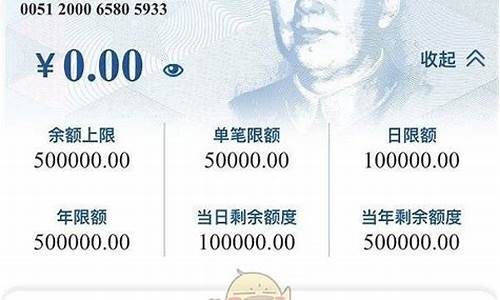
Title: Understanding China Construction Bank's Digital Currency Campaign
China Construction Bank (CCB) has recently launched a new digital currency campaign aimed at promoting the use of digital currencies in its daily operations. This campaign is part of the bank's efforts to embrace digital transformation and stay ahead of the curve in terms of technology innovation. In this article, we will explore what this campaign entails and how it works.
1. What is China Construction Bank's Digital Currency Campaign?
The CCB's digital currency campaign involves the development and implementation of a new type of digital currency called "e-Yuan". e-Yuan is designed to be used as a means of payment for various services offered by the bank, including online transactions, mobile payments, and point-of-sale transactions. The goal of the campaign is to improve efficiency, reduce costs, and enhance customer experience through the use of digital currencies.
1. How Does China Construction Bank's Digital Currency Work?
e-Yuan operates on a similar platform to other digital currencies such as Bitcoin and Ethereum. It uses blockchain technology to ensure transparency, security, and immutability in transactions. Transactions are recorded on a public ledger called the blockchain, which ensures that all participants in the network have access to the same information.
To use e-Yuan, customers need to register for an account with the bank and download the CCB Wallet app. Once they have an account, they can start making transactions using their e-Yuan balance. The app allows users to top up their e-Yuan wallet with cash or other digital currencies, and make payments at participating merchants who accept e-Yuan.
1. Benefits of Using China Construction Bank's Digital Currency
There are several benefits to using e-Yuan as a means of payment. First, it offers faster transaction times compared to traditional methods of payment. Second, it reduces the risk of fraud and hacking since transactions are recorded on a public ledger that cannot be altered. Third, it offers lower fees than traditional payment methods since there is no need for intermediaries such as banks to process transactions. Finally, it provides customers with greater control over their funds since they can manage their e-Yuan balance from their CCB Wallet app.
Conclusion
In conclusion, China Construction Bank's digital currency campaign is an exciting development that represents a significant step forward in the adoption of digital currencies in China. By leveraging blockchain technology and embracing innovation, the bank is positioning itself as a leader in the field of digital transformation. As more businesses and individuals begin to adopt digital currencies like e-Yuan, we can expect to see even more innovative solutions emerge in this space.
